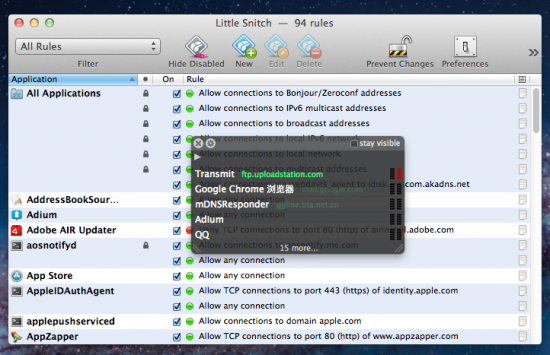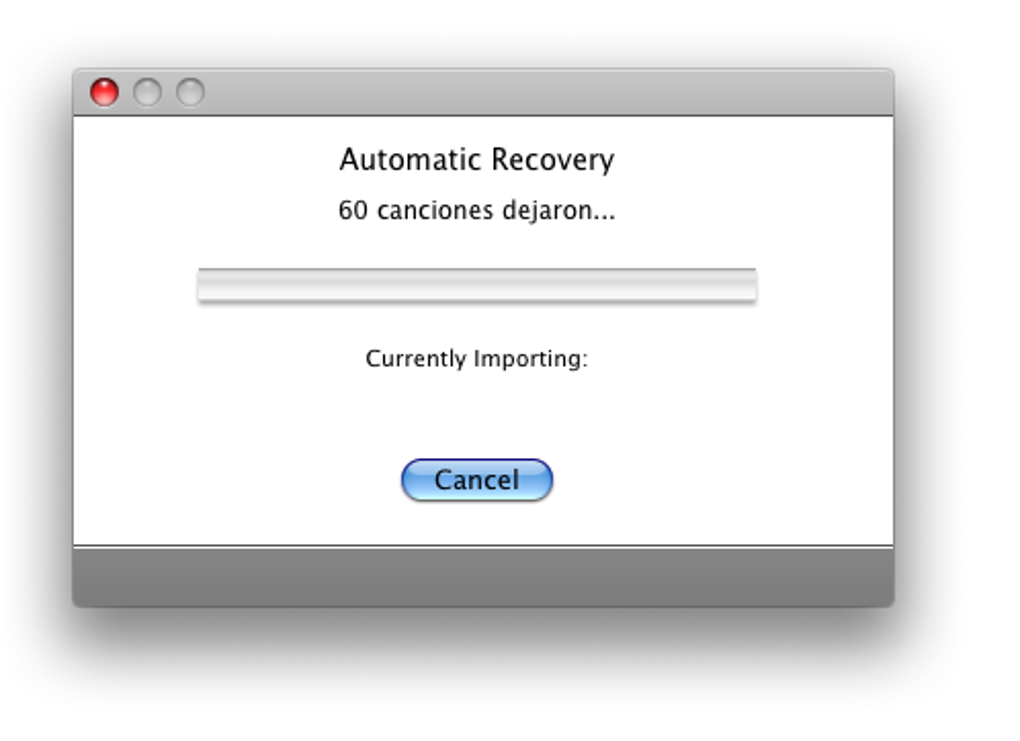
Such a skeptical conclusion has a disastrous consequence for the classical realist view of meaning: if we insist on the idea that meaning is essentially a factual matter, we face the bizarre conclusion that there is thereby “no such thing as meaning anything by any word” (Kripke 1982, 55).Īccording to the skeptical solution that Kripke attributes to Wittgenstein, such a radical conclusion is intolerable because we certainly do very often mean certain things by our words. The skeptical solution begins by rejecting the view that results in such a paradoxical conclusion, that is, the classical realist conception of meaning. The skeptical solution offers then a new picture of the practice of meaning-attribution, according to which we can legitimately assert that a speaker means something specific by her words if we, as members of a speech-community, can observe, in enough cases, that her use agrees with ours. We can judge, for instance, that she means by “green” what we mean by this word, namely, green, if we observe that her use of “green” agrees with our way of using it. Attributing meanings to others’ words, therefore, brings in the notion of a speech-community, whose members are uniform in their responses. As a result, there can be no private language. This article begins by introducing Kripke’s Wittgenstein’s skeptical problem presented in Chapter 2 of Kripke’s book. There’s a lot to appreciate about this tiny bundle of features.It then explicates Kripke’s Wittgenstein’s skeptical solution to the skeptical problem, which is offered in Chapter 3 of the book.
Irip alternative software#
The inputs are as follows: And, once you’re up and running, you can experiment with different amp and FX models with the bundled BIAS FX Jam software from Positive Grid. There are two outputs: a 3.5mm headphone jack (which may also be used to power powered displays) and a micro USB connector for connecting to Mac, PC, or iOS devices. With the Jam+’s overdrive setting, you can either keep it clean or dial in a filthy tone.

The little gadget has just one input - a 6.3mm jack that takes guitar, bass, and line-level inputs from keyboards and synthesizers, among other things. Have you lived your whole life without recording anything? Jam+ from Apogee may be all you need to get started recording your creative endeavors due to its simplified feature set and straightforward “plugin and play” operation. The primary output is a single stereo jack rather than a conventional pair of jacks or RCA output. Most costly choices have additional output ports, while Link Digital has just two. This little enclosure fits a combination mic/instrument and gains control. However, their initial hardware device is impressive. BandLab Link DigitalīandLab, well recognized for producing collaborative music software, is another brand with little experience in interface design. Despite this, the flaws aren’t deal-breakers, and at this price, you couldn’t do much worse. We wouldn’t count on the UMC22 outlasting the gadgets at the top of this list, either.
Irip alternative driver#
The U-Phoria series also uses the ubiquitous ASIO4ALL driver (although this is still a free download).

But, of all, you get what you pay for, and the UMC22 falls short of its more expensive competitors in many areas.įor starters, the maximum resolution is 16-bit, which is still CD quality and should be acceptable for most people. We’ve paid more for takeout than Behringer’s UMC22, so we can’t fault it on pricing.


 0 kommentar(er)
0 kommentar(er)
